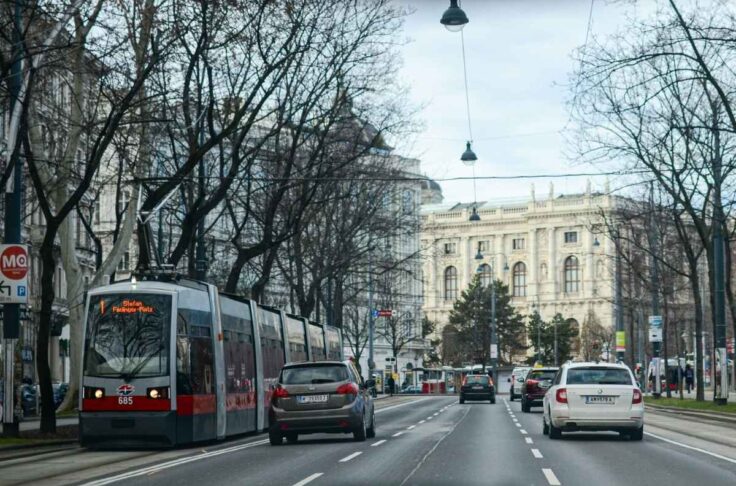Insights Interview on UK’s Station-Based Carsharing
Summary
The UK stands as one of the five largest markets in Europe for station-based carsharing. We asked Antonia Roberts, Deputy Chief Executive of CoMoUK, the British shared mobility association, about the dominance of the station-based carsharing model in the UK, regulation and policy trends, as well as electrification in shared and private car fleets.

The carsharing industry is complex, featuring a diverse range of business models implemented on the streets. Operators employ various strategies, such as station-based services, peer-to-peer carsharing, and free-floating services, to address distinct use cases and offer distinct services. To address and explain some of these complexities, INVERS recently launched the European Station-Based Carsharing Barometer. This free-of-charge, 50-page report helps station-based carsharing operators quickly understand key market dynamics, insights, and trends.
Our Barometer also highlights statistics and findings from UK’s market. CoMoUk not only represents the country’s carsharing operators, but also understands the market like no one else. We therefore were very happy to sit down with their Deputy Chief Executive, Antonia Roberts, for this interview.
Who is CoMoUK and what is your purpose?
CoMoUK is the national charity for the public benefit of shared transport such as car clubs and bike share schemes.
We work collaboratively with national, regional, transport and local authorities as well as the private sector to further these social, economic and environmental benefits. We do this via accreditation, research, policy, guidance, engagement and advocacy. This includes the annual car sharing reports which provides vital detailed evidence of the impacts of the sector. CoMoUK also organises the Annual Shared Transport Conference.
How important are station-based carsharing services for the local carsharing landscape?
The station-based car sharing is the only operational model in towns and cities in the UK, except for London which has a mix of station based and free floating in approximately half of the city boroughs. The 2022 CoMoUK report showed that 42% of those who use the free-floating also use round trip, and that these mixed mode users are slightly more frequent users than those who use round trip alone. This suggests that a mix of options improves the convenience of car sharing for many members. All car club users still drive less than the average Londoner.
Some cities areas have deployed “back to area” car sharing using one or two geo fenced streets as a base to reduce the cost and time involved with signing and lining a designated bay.
How is carsharing regulated in the UK and what policy trends do you see for the coming years?
There is no statutory regulation of car sharing in the UK. CoMoUK runs a voluntary accreditation service which all operators apply to each year. The standard covers four aspects of operations: business requirements, service provision, safety, and data collection. Accreditation provides local authorities with a system to identify bona fide operators whilst also ensuring the standards are reviewed and improved annually.
How does the electrification of local (station-based) carsharing fleets compare to the electrification of private cars?
The share of electric cars within the UK’s car club fleet grew from 12% in 2021 to 14% in 2022. This compares favourably to only 2% of private cars in the UK being electric. There is a need for authorities to install more designated charging bays and rapid charging infrastructure for car sharing vehicles in order to support the rate of transition.
What are the key findings of CoMoUK’s latest annual online survey of UK carsharing operators?
CoMoUK has been creating the annual report for over a decade which is independently verified each year. The 2022 confirmed car share users as infrequent drivers, 70% of those who responded use the service less than 5 times per year. As we would expect with those with a “low car lifestyle”, members report that they also use public transport and cycle more than the average person in the UK. In addition, as members are using fewer vehicles more efficiently we calculate car share cars can replace on average, 22 private cars, freeing up valuable kerb side space for other community uses such as mobility hubs.
Further insights into station-based carsharing
Thank you, Antonia, for your great insights.
For more information and interesting findings about station-based carsharing, we encourage readers to check out our European Station-Based Carsharing Barometer or the annual car club report on CoMoUK. Also, check out the insights we got about Swiss station-based carsharing in our interview with Jonas Schmid, Director at CHACOMO.


